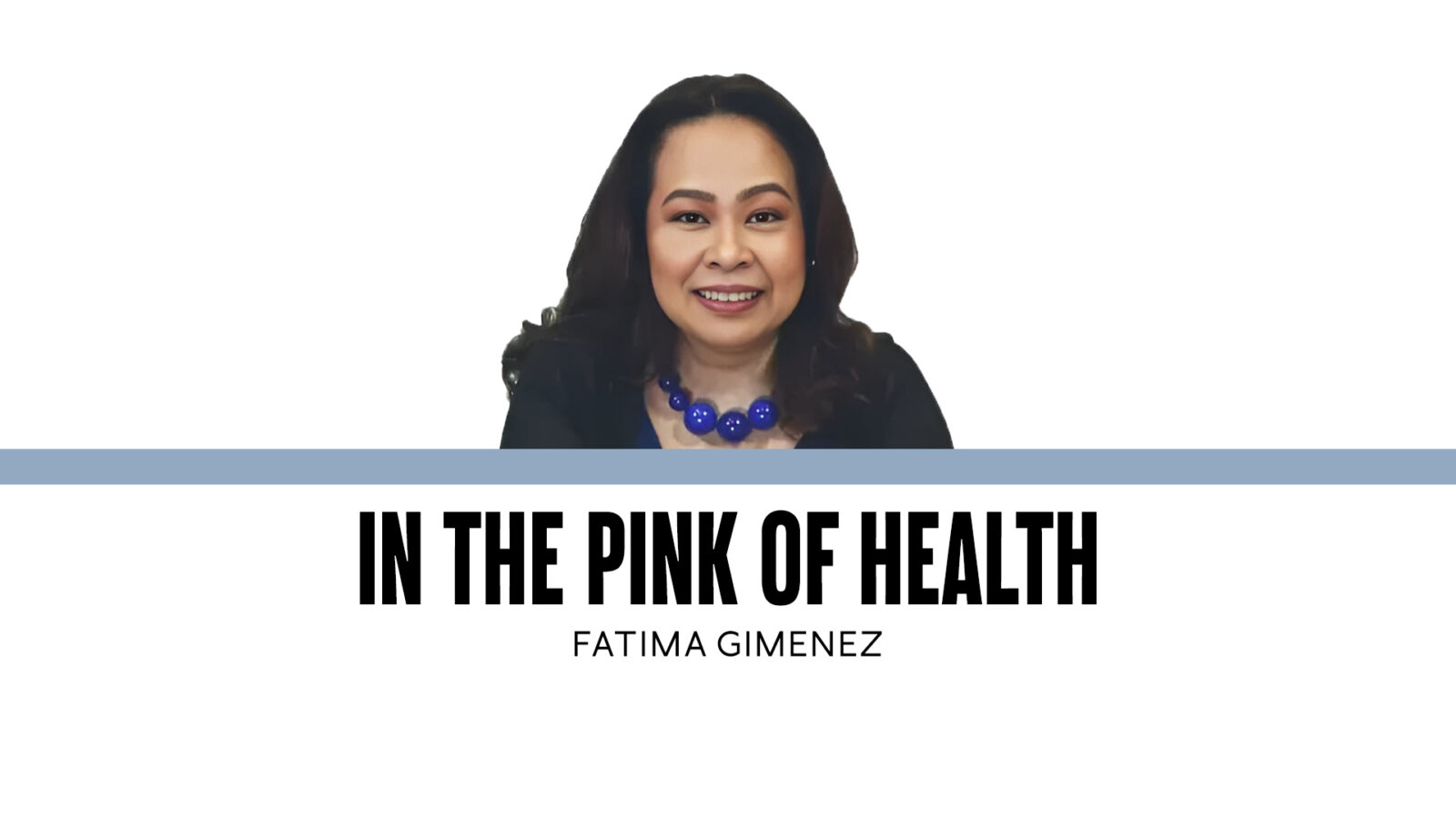Life interrupted

Has the thought of ending your life ever crossed your mind? Or, maybe, you wished evil thoughts that the bad apples would take theirs. Either way, it wouldn’t be right. Life is a precious gift that is never ours to take.
“Don’t be judgmental.” This is usually an attempt to remain neutral even when tempted to make generalizations or conclusions. No one can claim to know exactly what the other person thought or felt that led them to commit an action that would otherwise be deemed unacceptable or unthinkable under normal circumstances. Each one has their own story to tell, and what might seem trivial may be regarded as life-changing for another.
According to the World Health Organization, mental conditions affect an estimated 12.5 million Filipinos, with depression and anxiety being the most common. In the 2021 Young Adult Fertility and Sexuality Study—a nationwide survey of the 15-24 age group—mental health indicators, particularly depressive symptoms and suicidal ideation, increased compared to 2013. While the pandemic may have impacted the results, there was an upward trend even before it happened. The prevalence of moderate to severe depression increased to more than double, from 9.6 percent in 2013 to 20.9 percent in 2021. The populations most affected were females, noncisgender or homonormative individuals, youth from financially challenged households, those with primary education or less, and those who were separated, widowed, or divorced.
Likewise, the number of youth having suicidal ideation and suicide attempts rose in the same period, with a higher number noted among females. From 3 percent in 2013 who attempted to take their own lives, it increased to 7.5 percent, which translates to 1.5 million youths. What was tragic was that only a few of them reached out and were aware that there were existing suicide prevention services or programs. Most turned to their peers or close friends for help followed by parents or guardians and relatives. Common reasons for suicide attempts in the same study include family problems, quarrels with spouses or partners, feelings of being isolated, depression and anxiety, bullying, school-related problems, breakup of a relationship, and physical and sexual abuse.
Red flags. How will you know if your child needs help and you need to intervene? One of the things that I always tell parents is that they are the best persons to sense if there’s something wrong with their child. Some signs and symptoms, as listed on HealthyChildren.org from the American Academy of Pediatrics, include: withdrawal from social interaction, whether it be with family, friends or the community; changes in appetite or sleeping patterns; loss of interest in engaging in activities that usually bring them joy; decline in school performance; substance abuse; signs of self-harm; and refusal to talk about what’s bothering them.
If asked to describe in a few words, these manifestations, when compressed, would be indicative of a loss of appetite for life and living.
What can we do?
Be present. Being physically available does not necessarily translate into being engaged. You can be living in the same home but are too involved in running after deadlines or too self-absorbed, missing out on red flags that your child may be exhibiting. It is not uncommon to hear a parent say that their children are encapsulated in their own bubble and are hard to reach. Find the time to talk and encourage them to introduce you to their friends and peers, and if possible, even their parents. Host gatherings if you can, and take turns to foster deeper connections. Try getting into their world to find out what their interests or concerns are, and let them know where they can play a part in yours as well. Creating an atmosphere where there is room to discuss sensitive issues may help in normalizing the importance of preserving and nurturing mental health.
Seek early professional help if you feel there is a need. Despite increased awareness, the stigma of having a mental disorder still exists. It is still a skeleton in the closet. While healing is mostly dependent on or determined by the one affected, and family support is vital, therapy, including medications, plays a role. Stop feeling as if the sole responsibility lies on your shoulders as a parent.
There are people who are more knowledgeable in dealing with mental conditions.
Last but not least, equip yourself with the necessary skills to improve conversations with your children. In a relationship, both parties need to feel heard, and hopefully accepted, no matter how divergent their views may be. Everyone needs to be assured that there is someone they can turn to if life becomes too overwhelming.
Things will always have a way of solving themselves, even if we don’t make an effort. It just takes practice to believe so and a stronger faith that the one above is in control.


















